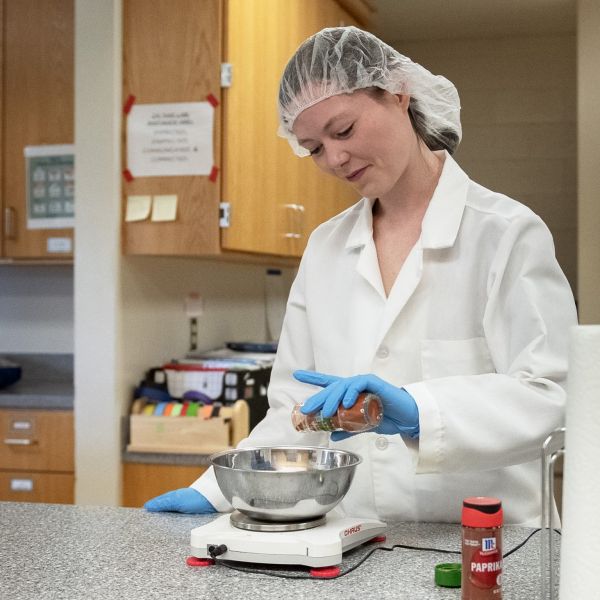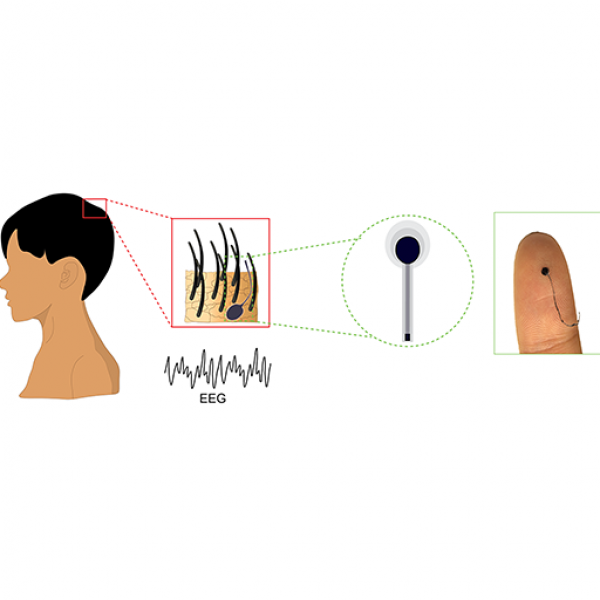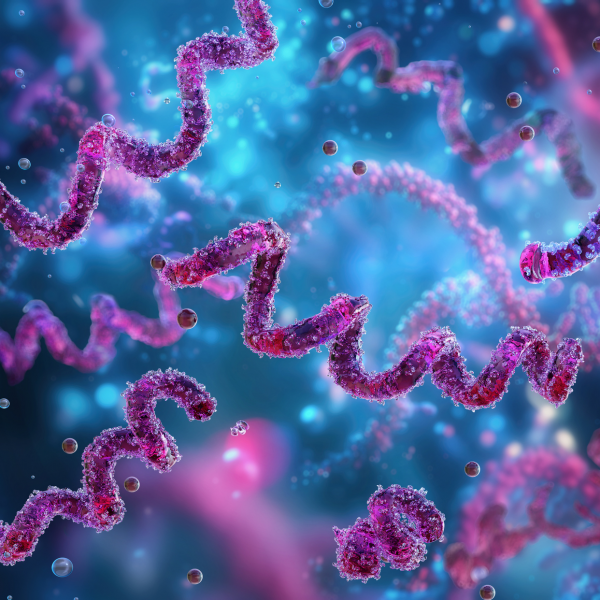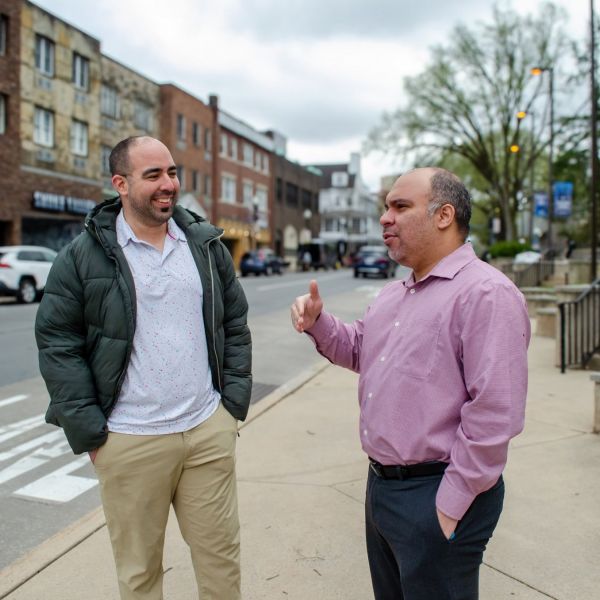News

Jun 04, 2025
Huck Chair in Nanomedicine plans to take research from bench to bedside
As biomedical challenges grow more complex, Penn State’s Dipanjan Pan is pioneering a multifaceted approach to nanomedicine that spans basic research, clinical translation and entrepreneurial deployment.
Full Article

Jun 04, 2025
$2.9M grant funds study on long-term effects adolescent binge drinking
An interdisciplinary team of researchers at Penn State will use a new five-year, $2,900,000 grant to investigate the long-term effects of excess alcohol drinking during adolescence.
Full Article

Jun 02, 2025
Huck opens search for Associate Director for Graduate Education
The Huck Institutes of the Life Sciences is seeking an innovative Penn State faculty member with a strong background in interdisciplinary life sciences research and a passion for teaching and mentoring graduate students to join our Huck leadership team as an Associate Director for Graduate Education.
Full Article

May 22, 2025
Looking to cut calories? Try adding chilies, study suggests
Throwing a little heat on your meal might be an effective strategy for cutting back on calories, according to a new study led by researchers at Penn State.
Full Article

May 05, 2025
The future of brain activity monitoring may look like a strand of hair
A new hairlike electrode makes long-term, high-quality EEG monitoring less cumbersome and inconspicuous.
Full Article

May 02, 2025
$2.7M NIH grant to fund first comprehensive syphilis test
In collaboration with his clinical partners at Penn State Health, Carle Foundation Hospital and University of Alabama Birmingham, Dipanjan Pan aims to develop a one-step confirmatory laboratory test that can definitively diagnose active syphilis infection within 10 minutes.
Full Article

Apr 29, 2025
HGSAC prepares for largest Life Sciences Symposium yet
The Life Sciences Symposium, organized by the Huck Graduate Student Advisory Committee (HGSAC), is set to showcase student research on May 23.
Full Article

Apr 28, 2025
Penn State graduate students receive American Heart Association fellowships
Two Penn State graduate students enrolled in Intercollege Graduate Degree Programs administered by the Huck Institutes of the Life Sciences have each been awarded two-year American Heart Association (AHA) Postdoctoral Fellowships.
Full Article

Apr 22, 2025
How safe is the air to breathe? 50 million people in the US don't know
More than half of counties in United States have no air-quality monitoring, according to study by researchers from Penn State.
Full Article

Apr 18, 2025
Insomnia and sleep medication use connected to disability in older adults
Increases in insomnia were followed by increased risk of movement and self-care disabilities, according to a new study by researchers at Penn State.
Full Article